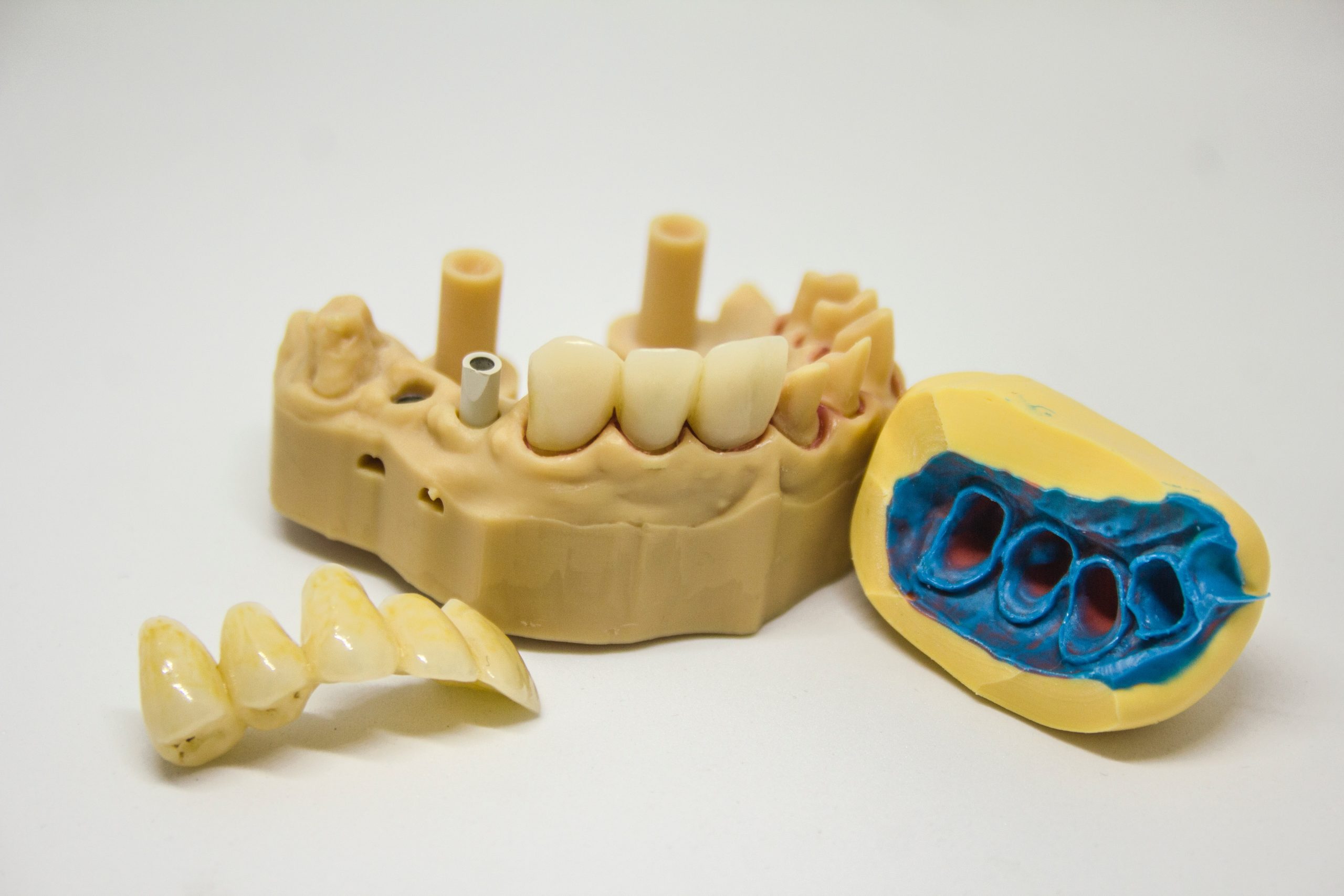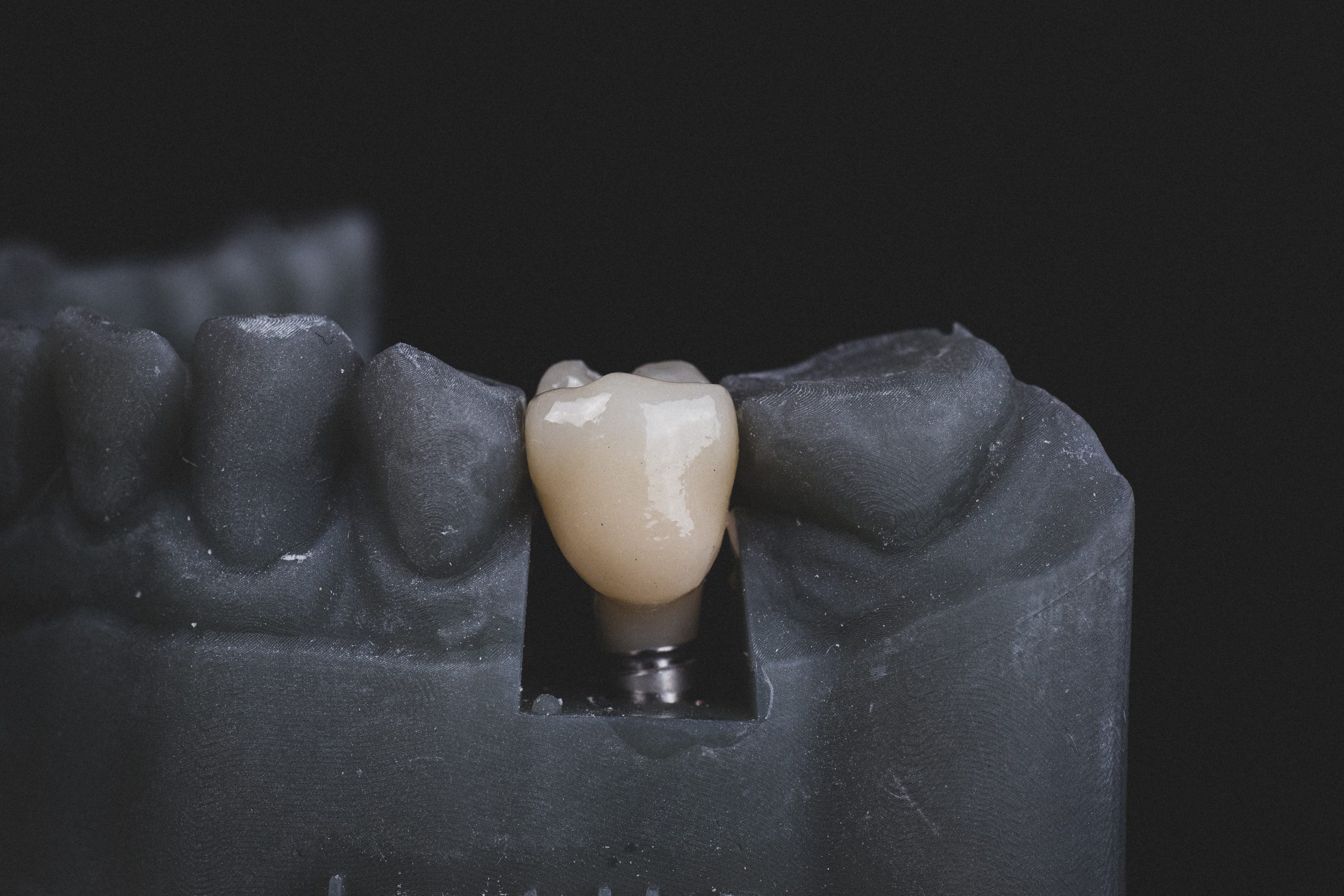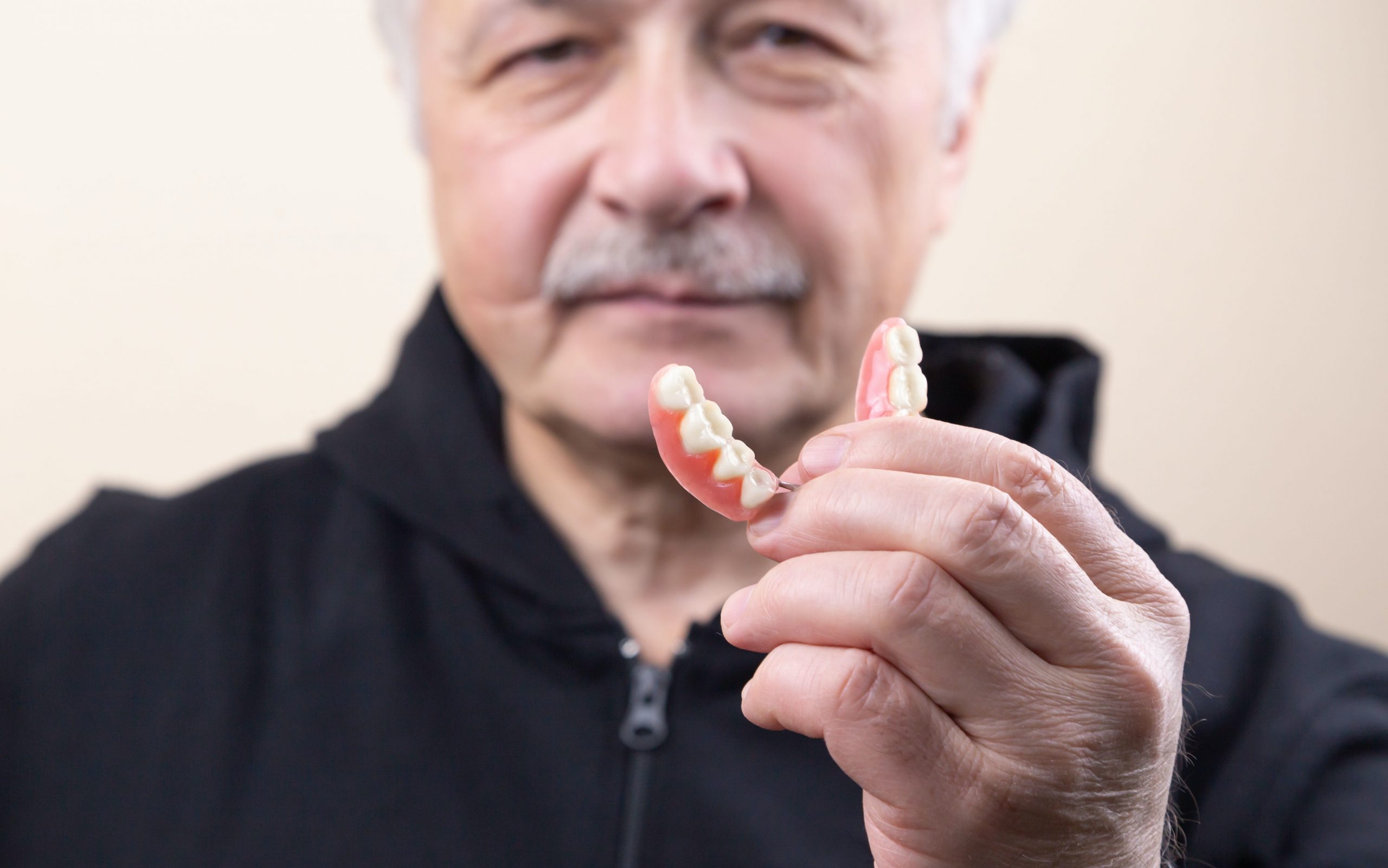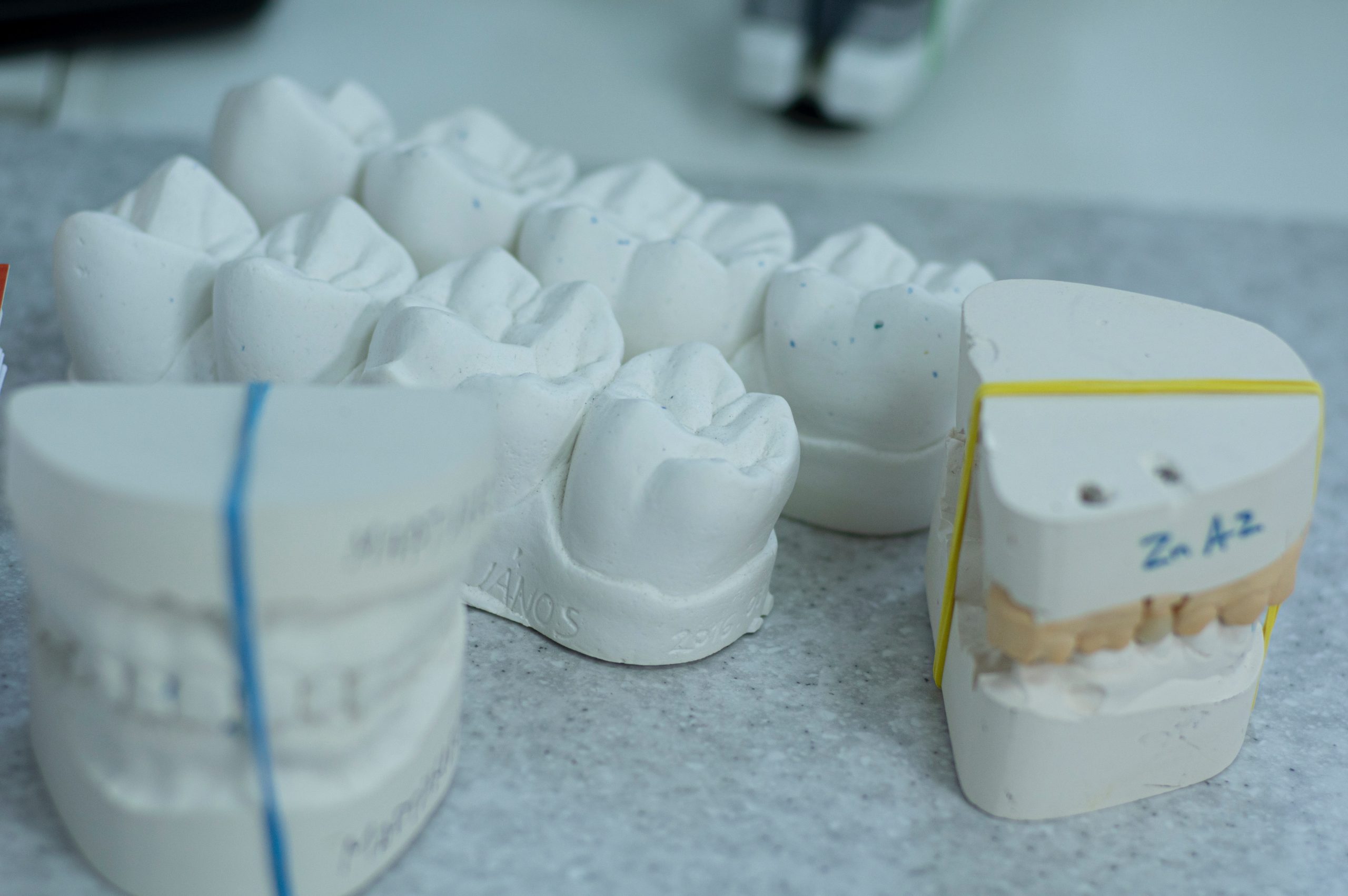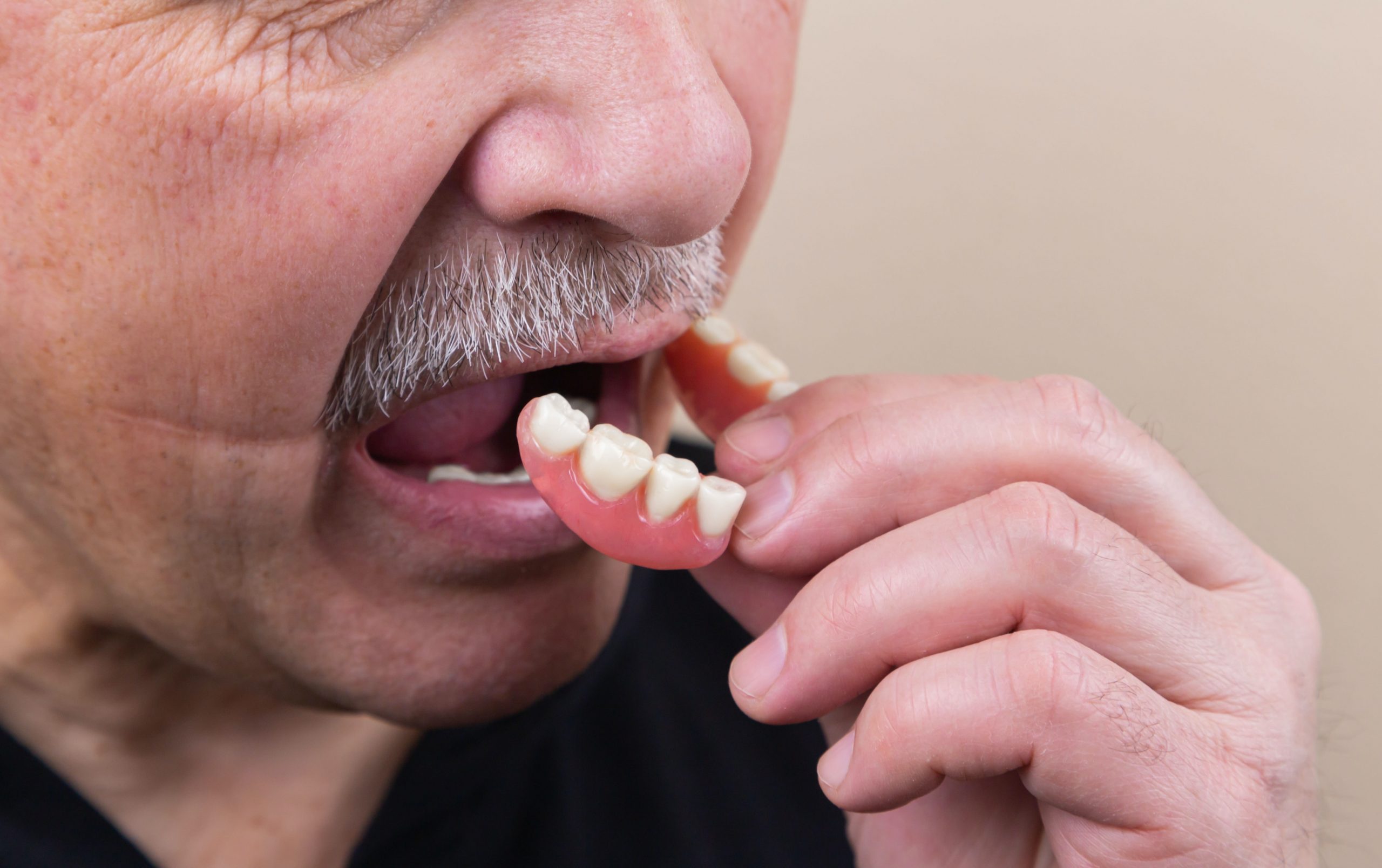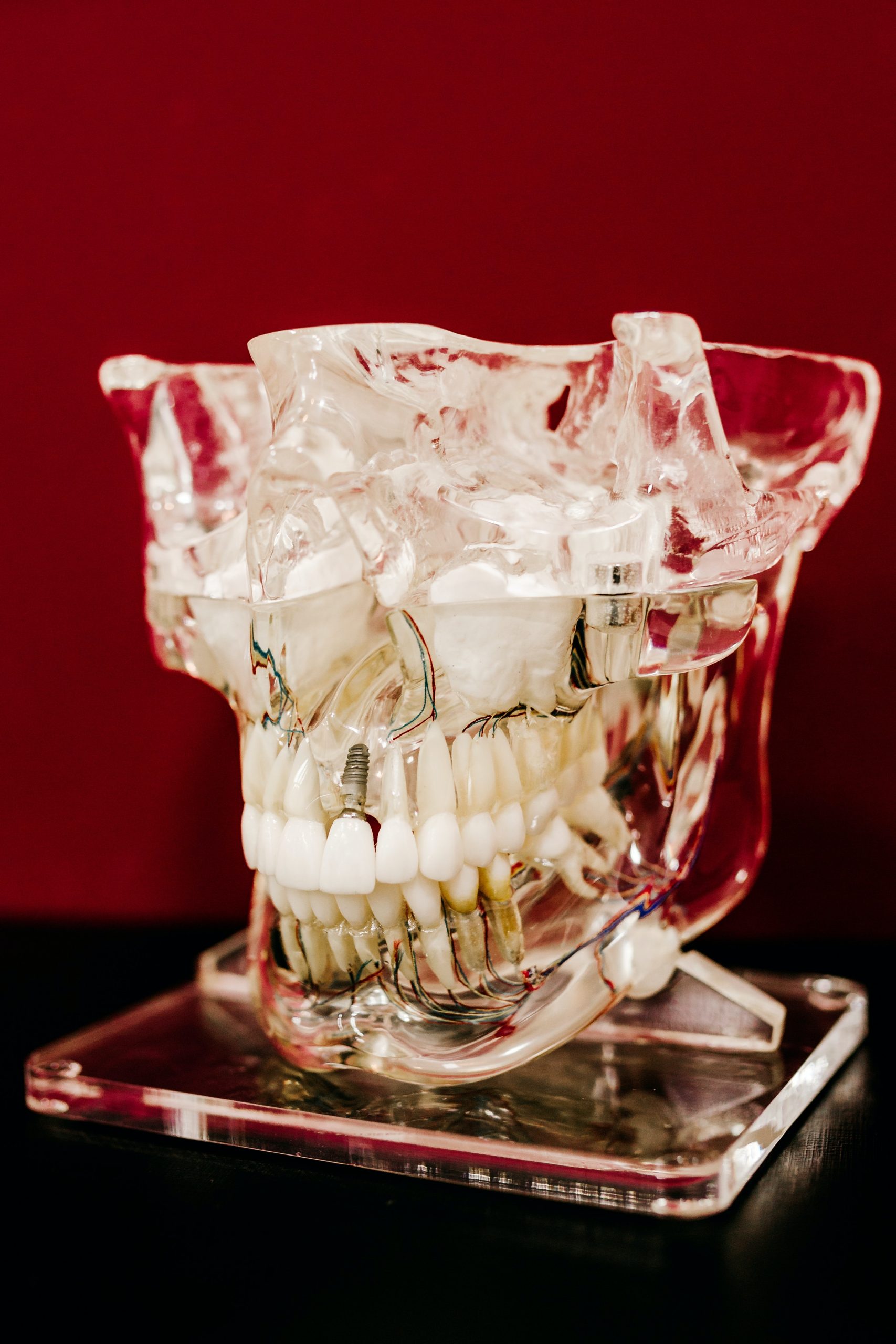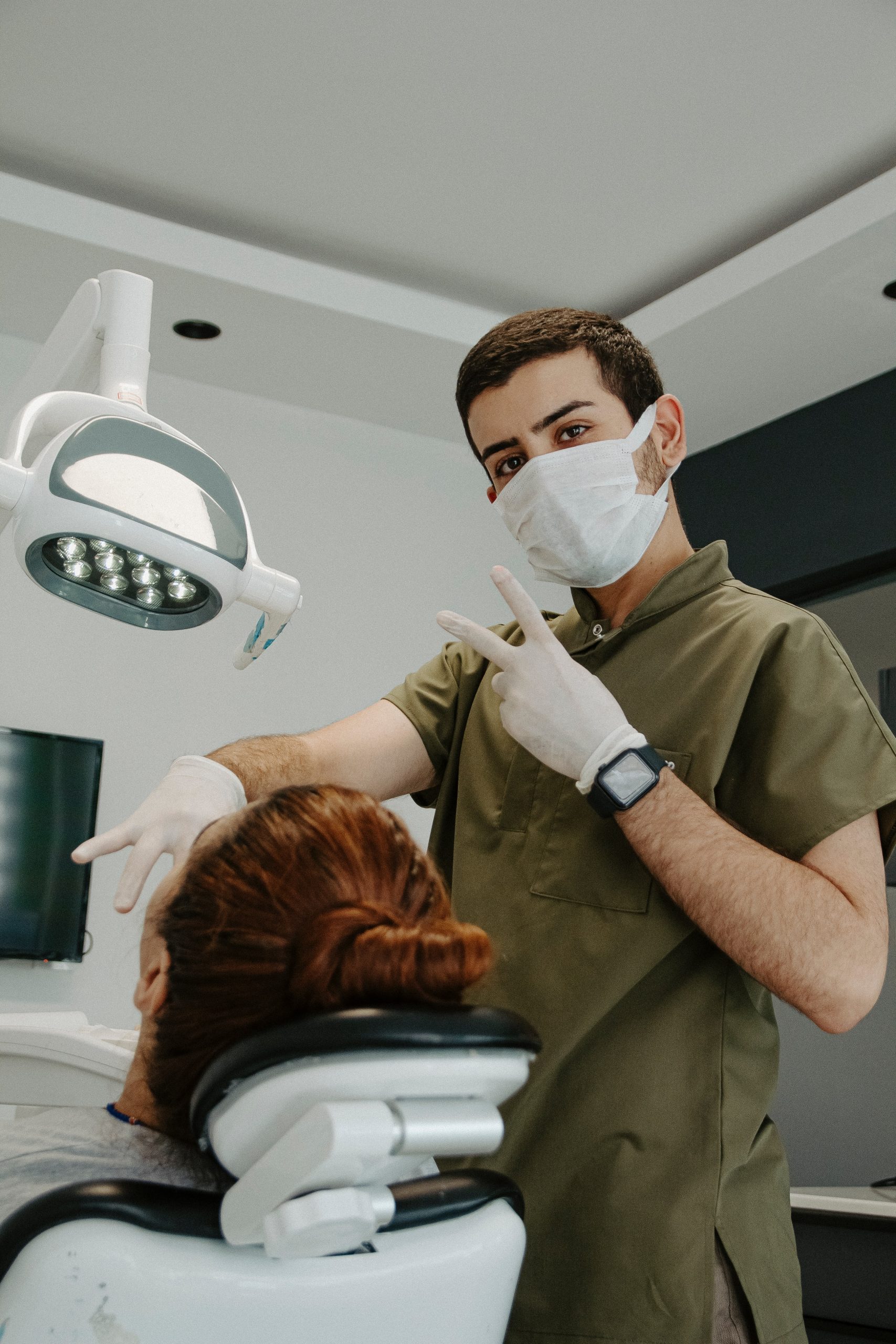
Treatment of Denture Stomatitis
Denture stomatitis is a common condition that affects individuals who wear dentures. It is characterized by inflammation and infection of the oral mucosa, which can cause discomfort and other oral health problems.
What is Denture Stomatitis?
Denture stomatitis, also known as denture-related stomatitis, is a fungal infection that occurs in the oral cavity of individuals who wear dentures. It is caused by the overgrowth of Candida albicans, a type of yeast that normally resides in the oral cavity. However, when the balance of the oral microbiota is disrupted, Candida can overgrow and cause infection. Denture stomatitis is a common condition, with up to 75% of denture wearers experiencing it at some point.
Causes of Denture Stomatitis
Denture stomatitis is caused by several factors, including poor oral hygiene, ill-fitting dentures, prolonged denture wear, and immunosuppression. Poor oral hygiene can lead to the accumulation of plaque and biofilm on the surface of the dentures, which can harbor Candida and other microorganisms. Ill-fitting dentures can cause trauma to the oral mucosa, leading to inflammation and infection.
Prolonged denture wear can also contribute to the development of denture stomatitis, as it creates a warm and moist environment that is conducive to Candida overgrowth. Immunocompromised individuals, such as those with diabetes or HIV, are also at higher risk for developing denture stomatitis.
Symptoms of Denture Stomatitis
The symptoms of denture stomatitis vary in severity, but typically include redness and swelling of the oral mucosa, as well as discomfort and pain. Individuals with denture stomatitis may also experience burning and itching sensations in the mouth, as well as difficulty swallowing or speaking. In severe cases, denture stomatitis can lead to the development of sores and ulcers in the oral cavity.
Treatment of Denture Stomatitis
The treatment of denture stomatitis depends on the severity of the infection. Mild cases of denture stomatitis can be treated with good oral hygiene practices, such as daily brushing of the dentures with a soft-bristled brush and an antifungal mouthwash. Individuals with more severe cases of denture stomatitis may require the use of topical or systemic antifungal medications, such as clotrimazole or fluconazole. In some cases, denture adjustment or replacement may also be necessary to improve the fit of the dentures and reduce trauma to the oral mucosa.
Conclusion
Denture stomatitis is a common condition that can cause discomfort and other oral health problems. It is caused by the overgrowth of Candida albicans in the oral cavity of individuals who wear dentures. Good oral hygiene practices, antifungal medications, and denture adjustment or replacement can help to effectively treat denture stomatitis. Regular dental checkups and cleanings can also help to prevent the development of denture stomatitis and other oral health problems.

